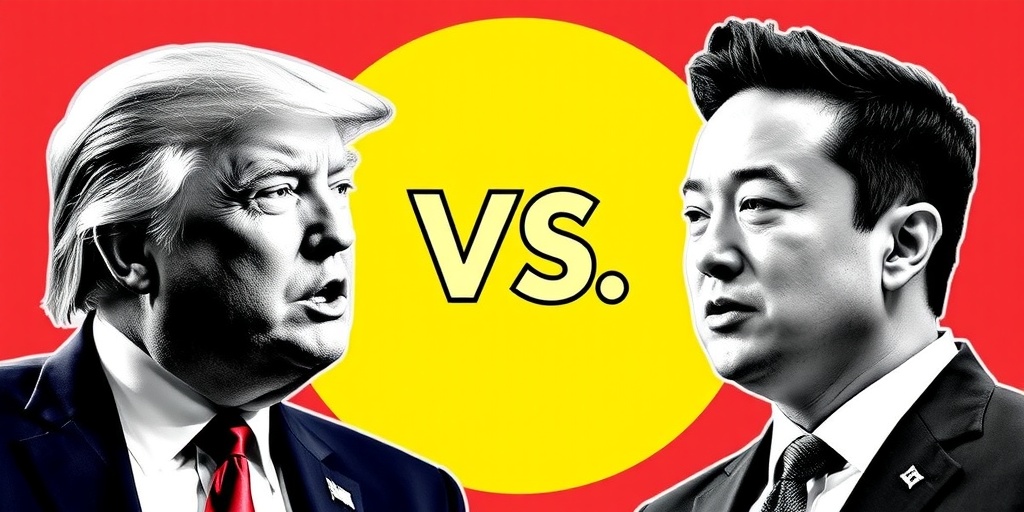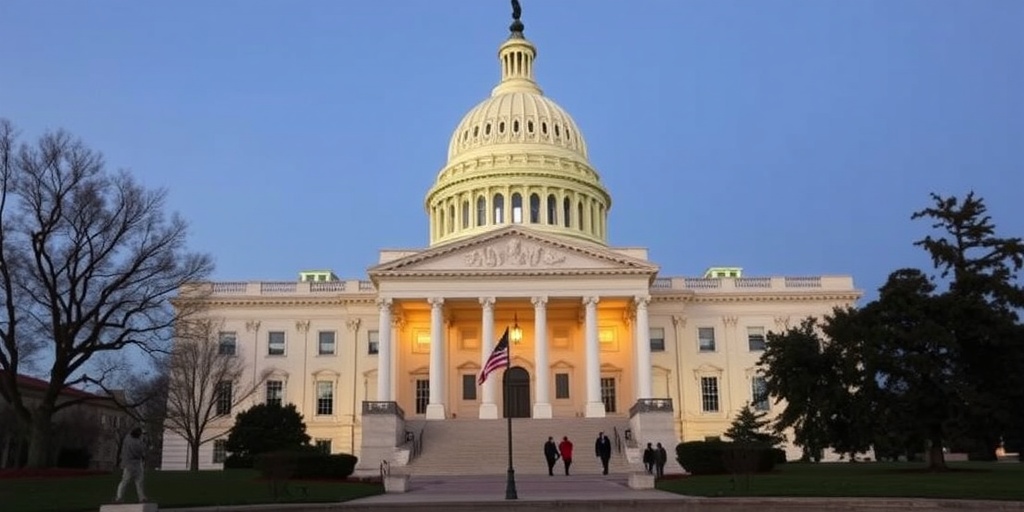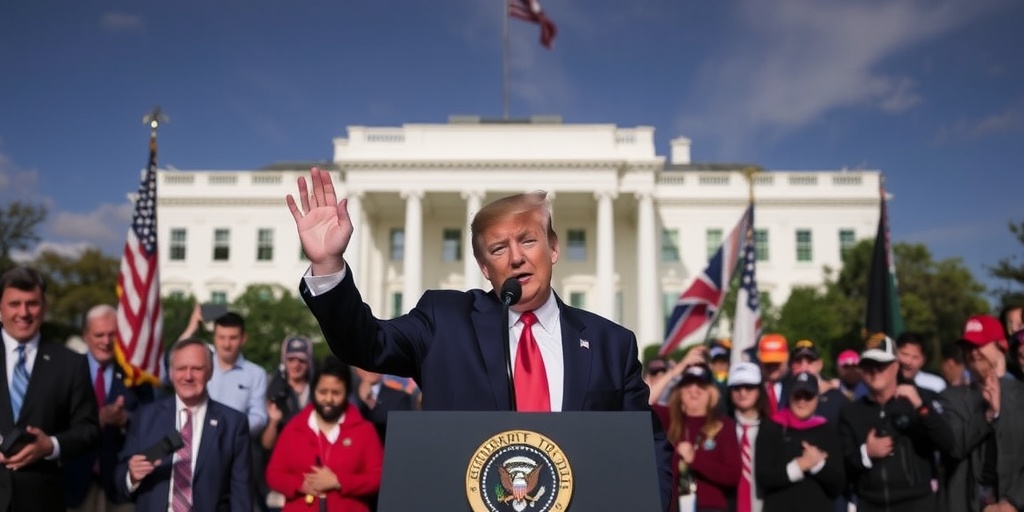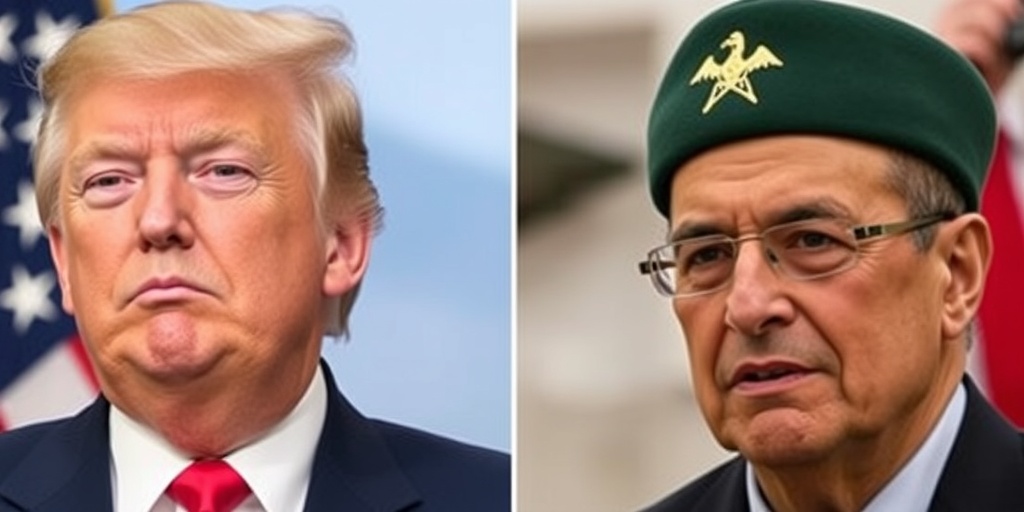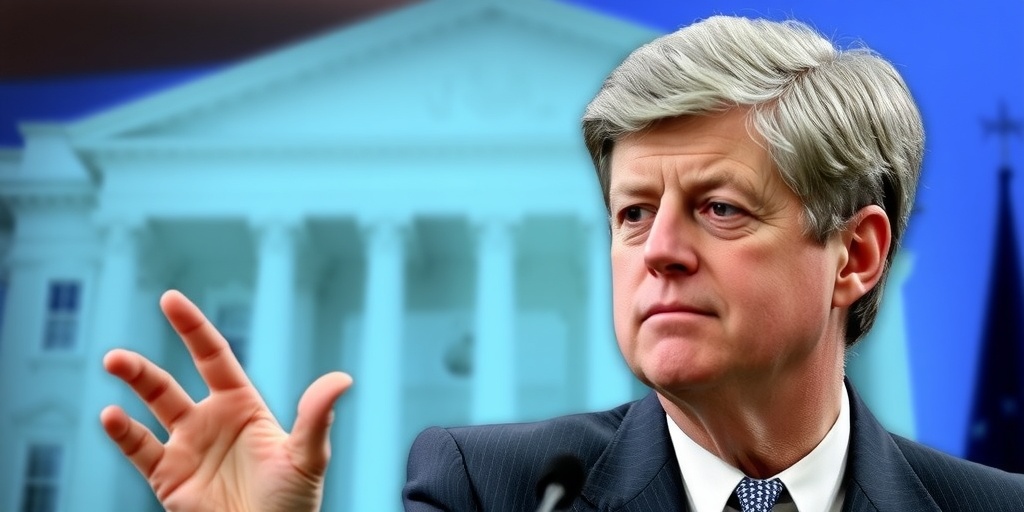Now Reading: Hegseth Joins Ukraine Defense Group Virtually
-
01
Hegseth Joins Ukraine Defense Group Virtually
Hegseth Joins Ukraine Defense Group Virtually
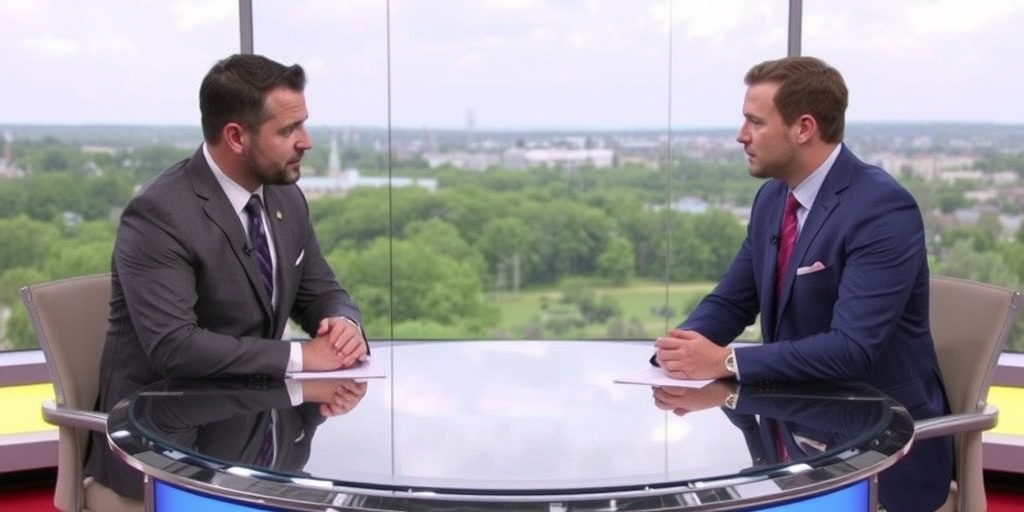
U.S. Defense Secretary Hegseth Participates Virtually in Ukraine Defense Contact Group Meeting for the First Time
In a notable shift in U.S. military engagement with Ukraine, Defense Secretary Pete Hegseth attended the recent Ukraine Defense Contact Group meeting in Brussels via virtual link, marking the first instance in three years where the Pentagon’s highest-ranking official was not present in person. This significant omission reportedly reflects the Trump administration’s evolving stance on Ukraine, which appears to be drifting closer to Russia and less supportive of Ukraine’s defense efforts.
The meeting, which involved military leaders from around 50 nations, represents the 27th gathering of the defense group that was created shortly after Russia’s full-scale invasion of Ukraine in 2022. Historically, these meetings have served as essential platforms for coordinating military assistance and support for Ukraine against Russian aggression. Hegseth’s absence was particularly striking as prior U.S. leadership had played a crucial role in providing Ukraine with arms and military supplies, establishing a lifeline for the Ukrainian armed forces amidst ongoing conflict.
President Trump, during his campaign, pledged to resolve the Ukraine-Russia conflict quickly, even asserting he could achieve a cease-fire in just 24 hours. However, negotiations involving Kyiv, Washington, and Moscow have yet to yield satisfactory results. The prolonged struggle has claimed the lives of approximately 100,000 Ukrainian soldiers and about 150,000 Russian soldiers, sparking urgent calls for more robust military support for Ukraine amidst the continuing violence.
The flow of military assistance to Ukraine has notably dwindled since Trump’s second inauguration. With the increasing demand for air-defense systems, particularly the Patriot missiles previously supplied by the U.S., the urgency for aid was emphasized following a recent attack in central Ukraine that tragically resulted in the deaths of 19 civilians, including nine children. This tragic event highlights the critical need for continued support as Ukraine faces relentless missile assaults.
Leading the meeting in Hegseth’s absence was British Defense Secretary John Healey, who took the helm of the group after Hegseth delegated leadership to the UK at its last meeting in February. German Defense Minister Boris Pistorius joined Healey, providing updates on the progress of military support discussions and emphasizing the collaborative nature of the effort, even amidst uncertainties regarding U.S. commitment moving forward.
Pistorius commented on Hegseth’s virtual participation, noting that he addressed the meeting with insightful assessments regarding the ongoing conflict. However, he also acknowledged a lack of clarity about the future of U.S. involvement in the group, stating, "We wait and see." The uncertainty surrounding U.S. participation has raised concerns, especially among Ukrainian officials who are relying on international support.
In response to questions regarding Trump’s focus on sending envoys to Moscow while sidelining Hegseth from this critical meeting, Ukrainian Defense Minister Rustem Umerov offered a diplomatic reply. He reiterated that the U.S. administration had assured Ukrainian officials of continued support, albeit with a shift in focus towards the Asia-Pacific region. Despite these changes, Umerov expressed confidence in America’s ongoing participation through the Ukraine Defense Contact Group.
Historically, the U.S. played a pivotal role in coordinating military aid through this coalition, which was founded shortly after the onset of hostilities in Ukraine. Previous U.S. defense leaders, including Hegseth’s predecessor, Lloyd J. Austin III, emphasized unwavering support for Ukraine, urging allies not to waver in their commitment. Austin had effectively stressed that Ukraine’s survival is intertwined with global security, rallying members of the coalition to bolster their efforts.
Under the Biden administration, Ukraine received significant military support worth over $34 billion, distributed across various aid packages. However, with Trump’s administration not announcing new aid packages since taking office, more than $3.85 billion remains untapped, raising alarms about the strategic implications of a potential reduction in U.S. military engagement in Ukraine.
Critically, Hegseth’s interactions with other countries’ leaders have also drawn scrutiny, as he has met with only 16 nations since taking office, and has notably limited engagement with Ukrainian military and government representatives. This limited communication raises questions about the effectiveness of U.S. foreign policy in a region that remains pivotal to European and global security dynamics.
In summary, Hegseth’s virtual attendance at the Ukraine Defense Contact Group meeting signals a potentially worrying trend in U.S. foreign policy towards Ukraine and its allies. As the conflict in Ukraine persists, the international community, particularly the U.S., must reconsider its strategy to provide adequate support to ensure Ukraine can sustain its defense against Russian aggression.
Stay Informed With the Latest & Most Important News
Previous Post
Next Post
-
 01New technology breakthrough has everyone talking right now
01New technology breakthrough has everyone talking right now -
 02Unbelievable life hack everyone needs to try today
02Unbelievable life hack everyone needs to try today -
 03Fascinating discovery found buried deep beneath the ocean
03Fascinating discovery found buried deep beneath the ocean -
 04Man invents genius device that solves everyday problems
04Man invents genius device that solves everyday problems -
 05Shocking discovery that changes what we know forever
05Shocking discovery that changes what we know forever -
 06Internet goes wild over celebrity’s unexpected fashion choice
06Internet goes wild over celebrity’s unexpected fashion choice -
 07Rare animal sighting stuns scientists and wildlife lovers
07Rare animal sighting stuns scientists and wildlife lovers













